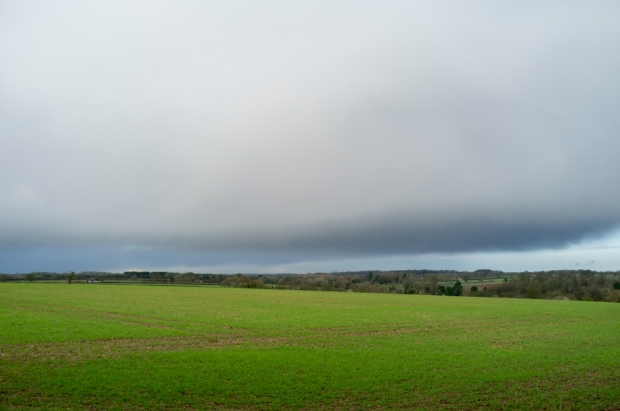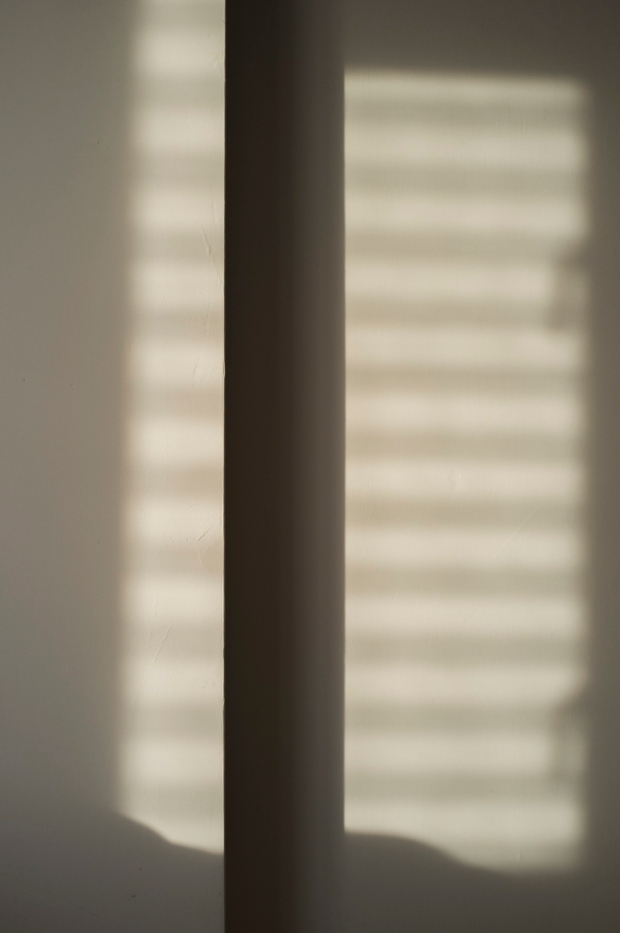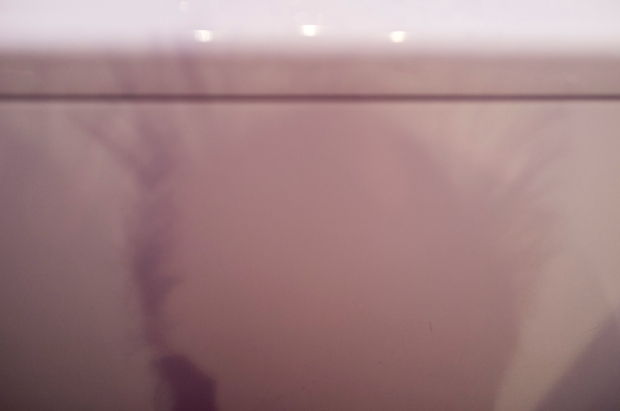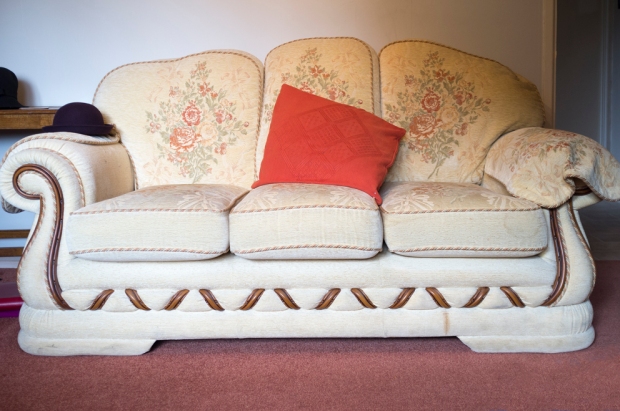“But when from a long-distant past nothing subsists, after the people are dead, after the things are broken and scattered, still, alone, more fragile, but with more vitality, more unsubstantial, more persistent, more faithful, the smell and taste of things remain poised a long time, like souls, ready to remind us, waiting and hoping for their moment, amid the ruins of all the rest; and bear unfaltering, in the tiny and almost impalpable drop of their essence, the vast structure of recollection.” Proust, In Search of Lost Time.

I remember a conversation with someone who had become very close, which drifted, as these close conversations sometimes do, to the personal. We talked about secrets, not yet revealing them, not quite yet at that moment ready to share them but yearning to, for to do so would be to cross a bridge and create a bond that would test us, when we were not yet ready to be tested.
Secrets are never secrets if they are told, even if the listener is the first and only person ever to be told. Their potency is diminished by revelation, in direct contrast to the energy that passes between the correspondents during the disclosure; the flow seeks to make the gift equivalent to the receipt, partnering to a consensual destination. So what secret if any, would I reveal I thought at the time, if I were asked, if the conversation went there? The arc of the conversation drifted benignly away at that time, ebbed perhaps by a common comprehension of the un-readiness to commit. But leaving it there held the idea of a shared intimacy, on the cusp kept the temptation intense, thickening the blood.
Thinking now about that time and other similar conversations, how I had desired to reveal but not knowing what it was I would risk devolving at that transitory moment, anticipating the urge to bond through a sharing of something intensely personal but then consciously letting it go. And now I remember all those secrets that other people had revealed to me. Were they just acts of faith or of longing? Did those confessions of (usually) a deeply personal nature mean that they desired something similar from me? Were they so trusting of me, desiring of me, that they were prepared to risk some part of themselves in order to get closer? I remember wondering why so many revealed so much of themselves to me, men and women and most not receiving something similar in return.
I hold a lot of secrets, I suppose we all do. And I wonder now about those secrets that were told to me that I haven’t passed on, whether their burden was passed to others in a similar quest for intimacy. Secrets about sex. And what about those secrets of mine that I have that I haven’t ever shared with anyone? Innocent secrets because they involve only me. Secrets about death. Do secrets diminish with age, I wonder, do they have a ‘use-by’ date? Recently my burden of secrets was increased by one. It is an old secret. But is it my secret now? Why should I feel the liability of this knowledge? I should have checked I know, I should have said “have you told anyone else?” but I didn’t. And unlike a previous conversation it wasn’t revealed to bring the teller closer to me, it was part of a history, albeit told to me in a quiet and intimate space.
And what if I told someone else? Someone who had no connection with the person who told me the secret? What if I told you? Until recently we were strangers, does that mean I can tell you with no feelings of remorse. You will feel closer to me because you now know something vital about me, but not that close, because it is something about another with whom you have only me as a connection. So I could lie and make it all up just to get closer. Just another fiction wrapped up in some kind of erotic suspense. Is that what all secrets are about? Sex and death?
I wonder what you might think if I said – you’ll never believe this but my Aunt and Uncle were part of a ‘Swingers scene’, long before it became a fashion in the 1970’s? Or that a cousin of mine’s husband committed a murder on a Christmas day over thirty years ago, and despite going to prison with no question regarding his guilt; only a few people know really why he did it, the court certainly? Or something much much darker? Are these third person secrets less compelling, less erotic to the ear than first person recollections of a past clouded in some sort of mystery? Close to me because they are familial, so I feel touched by them, I become vested in the allure of the secret and hope to become more interesting because of it.
But secrets can become a bind and whilst some will just peter out others will continue to resurface “unscreened” momentarily by some quirk of circumstance. I have some secrets that I stored away in my adolescence that still repeat, still hang over me, almost daring me to ‘own-up’, to be rid of them, expunge them from my being. And so I wonder if that is what my mother did recently when I started to talk to her about her history. Did the act of purposeful remembrance invoke secrets that had lain dormant for decades? And if so why the need to tell me the one that is the ‘much much darker’ one? What purpose? An unloading – a release from all those years of unscheduled internal repetition?
I wonder now if this is a secret. This episode came out as part of a conversation within my family, told as part of a retelling of a personal history and whilst it was a bolt which from out of a clear blue sky, no instruction to ‘keep it to yourself’ was uttered.
And now some time after the revelation I am wondering more and more about that terrible secret, how its ramifications might have been felt on so many people that I have know all or most of my life might. How many of them knew or know of it? I am also wondering why I am using the word secret! Is it a secret or is it that I simply didn’t know, perhaps I am the last person to know? Is it so awful that no one has ever wanted to raise the topic in conversation that I find that difficult to comprehend and that my lack of knowledge is down to the family blocking it, suppressing it? Is the familial memory in a constant state of denial or has Freud’s “Mystic Writing Pad” been communally utilised for whatever reason?






